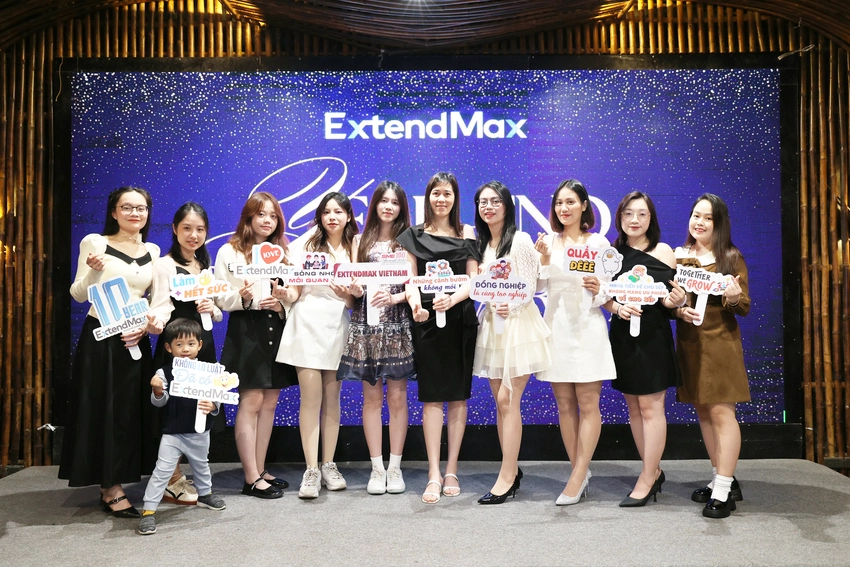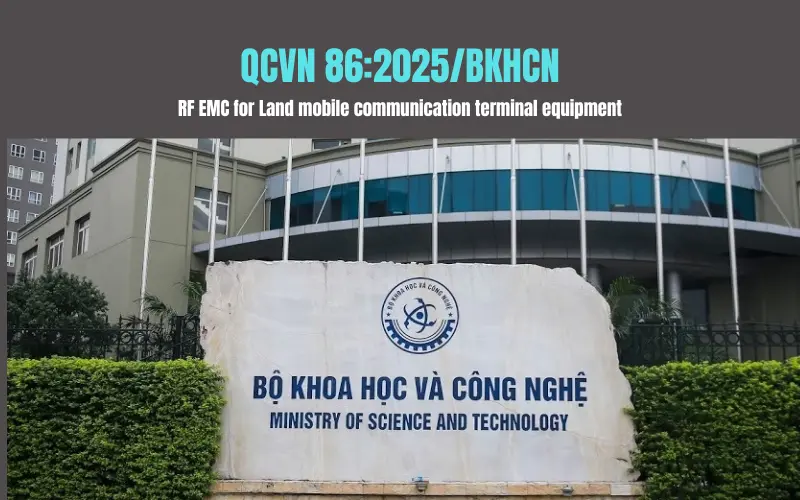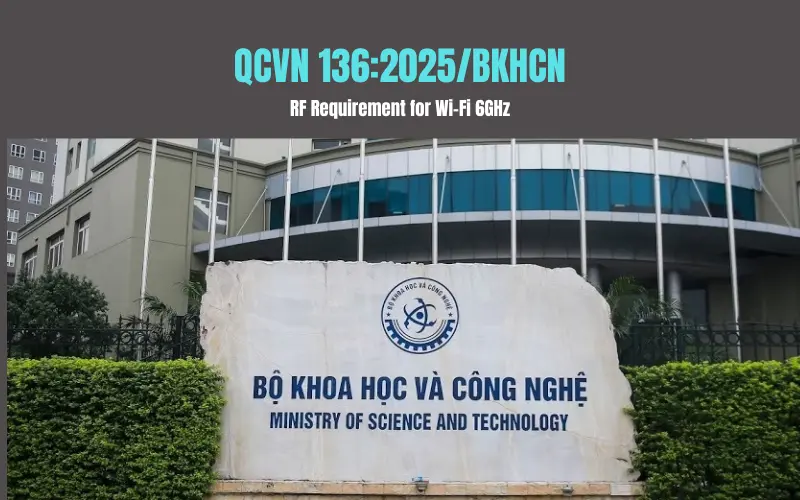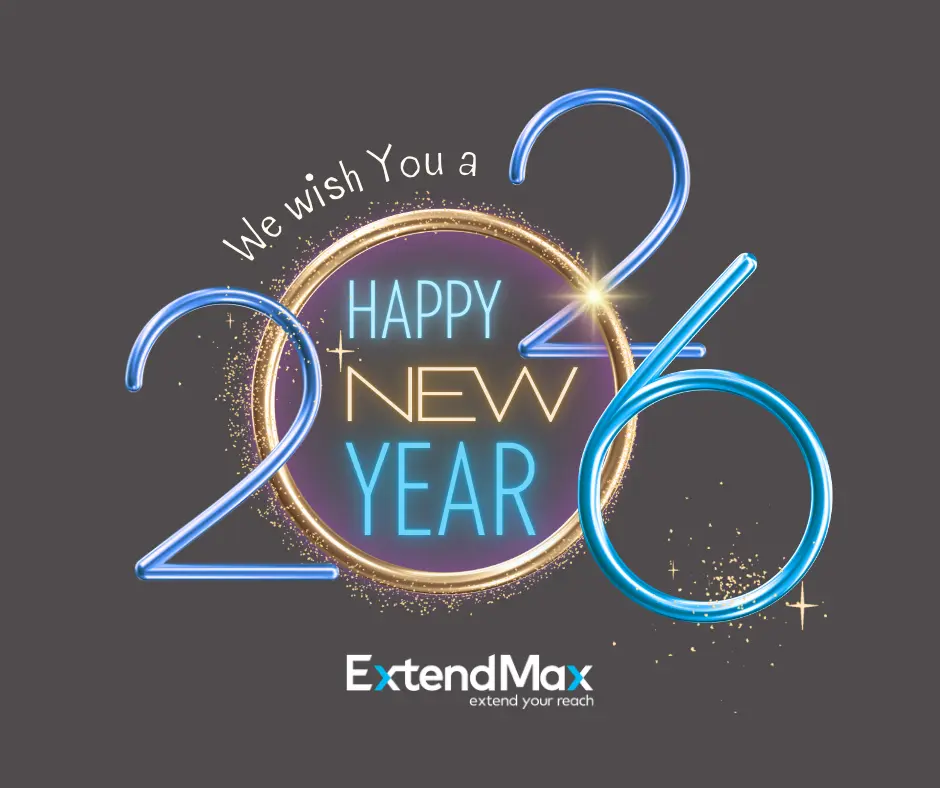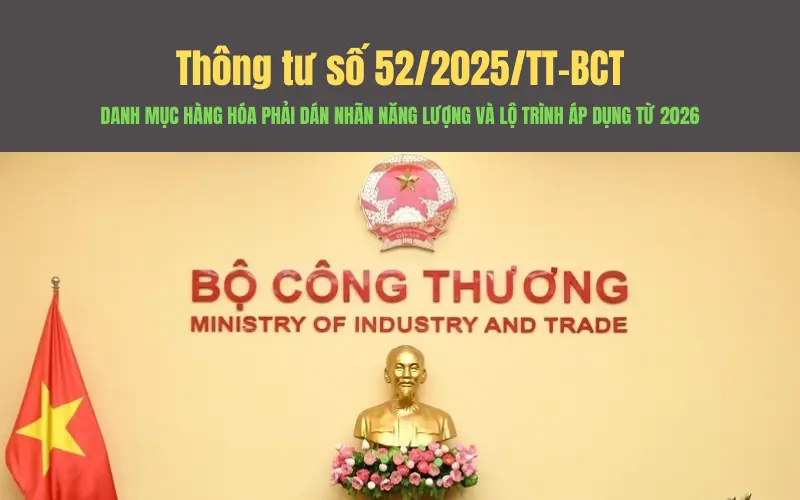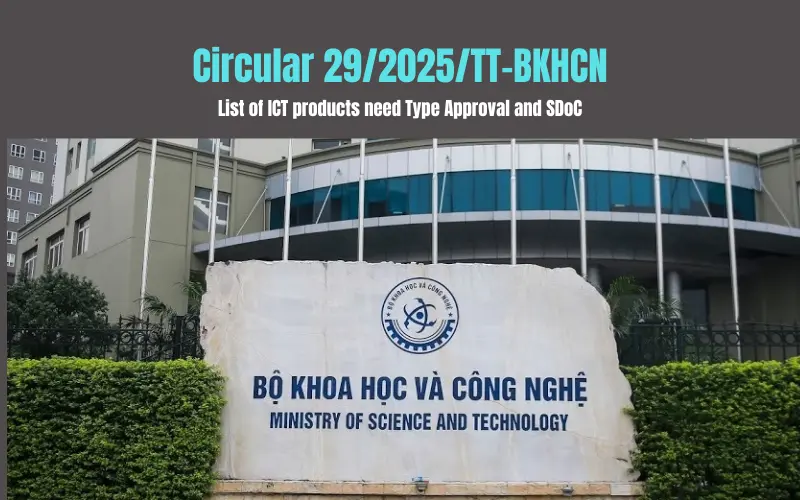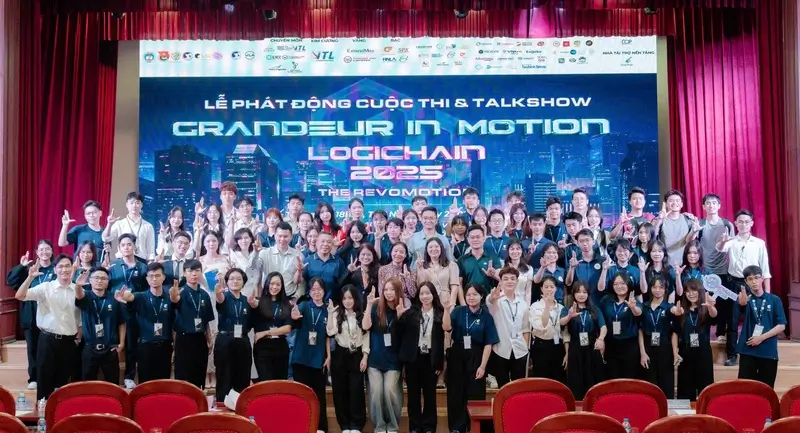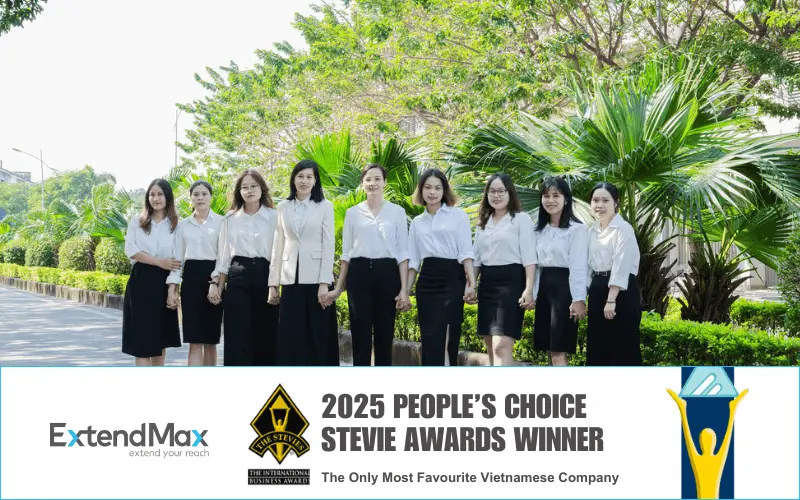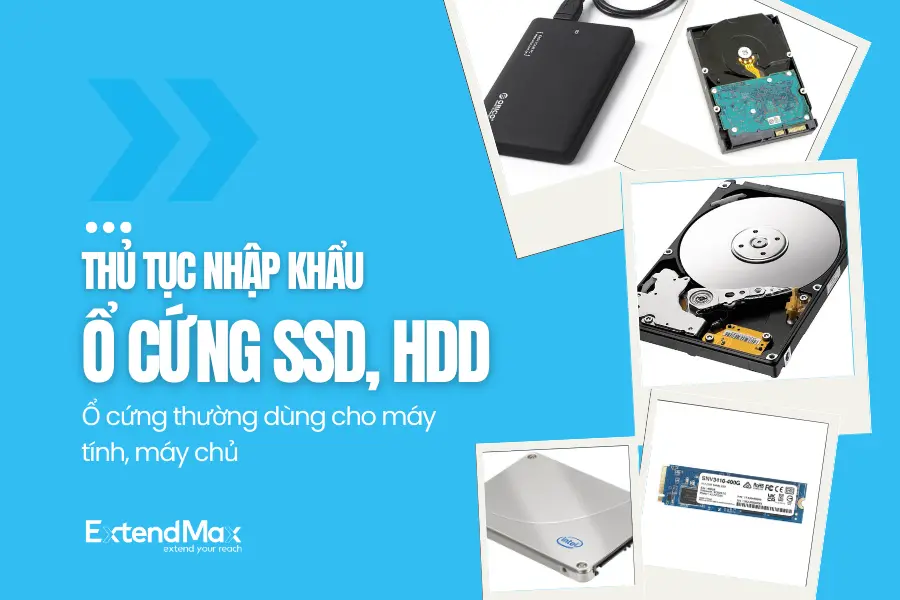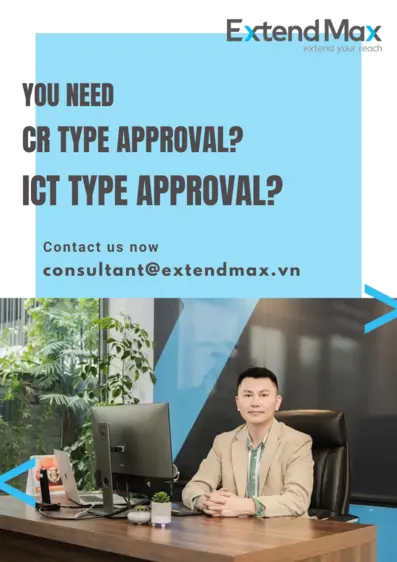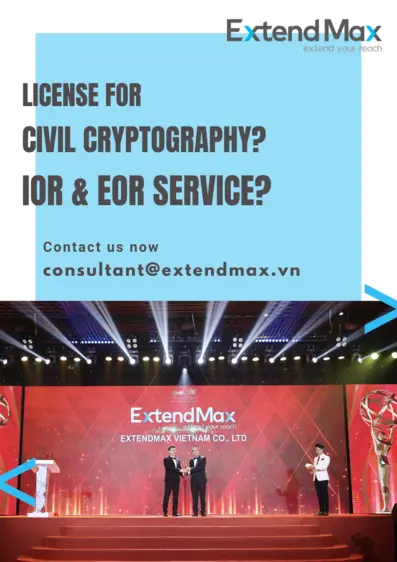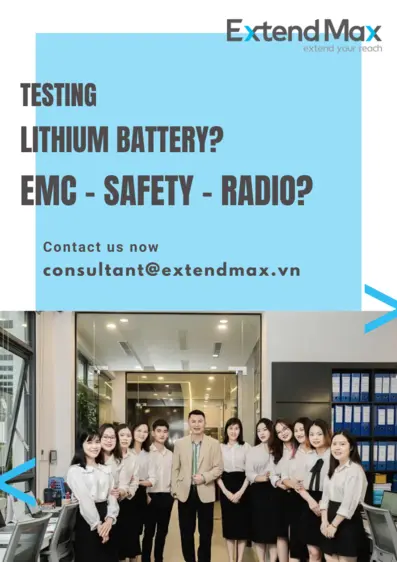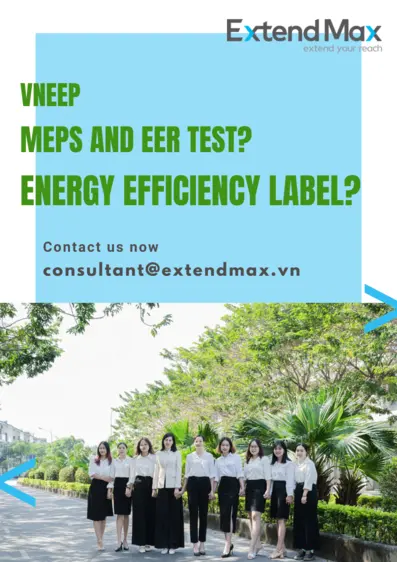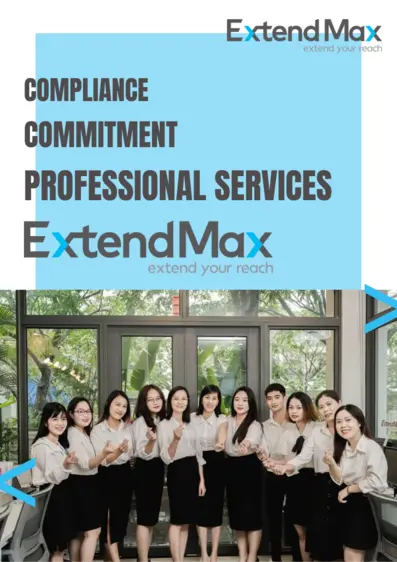EXTENDMAX – Non-trade import-export is one of the common activities, especially for individuals and organizations that exchange goods not for commercial purposes. Although the policies applied to non-commercial products are much more lenient compared to commercial goods, many import companies still face issues related to pricing, specialized policies, labeling, and import taxes. This article will help you better understand the nature of non-trade goods and the specialized policies that apply. ExtendMax also shares 6 useful secrets that we have applied to facilitate non-trade import-export smoothly over the years.
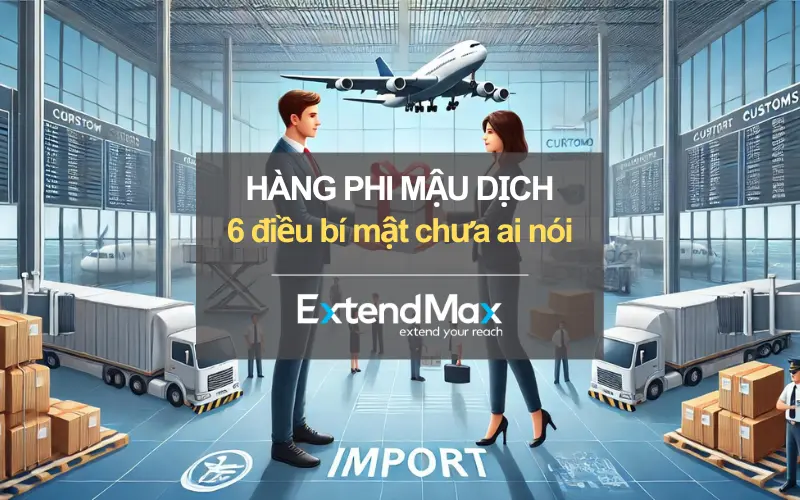
What are non-commercial products?
Non-commercial products are items not used for commercial purposes, not for business transactions, and do not require contracts or payments.
Non-commercial products are also referred to as "non-trade products" or "products not for commercial purposes" in various legal documents. According to the definition in Decision No. 1357/QĐ-BTC dated May 18, 2021, of the General Department of Customs on the issuance of the import-export category code table, non-commercial products are also known as "other imported products" and include the following cases:
"a) Gifts and presents from foreign organizations and individuals to organizations and individuals in Vietnam;
b) Goods of diplomatic missions, international organizations in Vietnam, and those working at these agencies and organizations (excluding cars and motorcycles using code G14);
c) Goods that are the movable assets of organizations and individuals;
d) Goods that are humanitarian aid or non-refundable aid;
e) Samples;
f) Personal luggage of people entering the country sent according to the bill of lading;
g) Goods brought by people entering the country exceeding the duty-free allowance;
h) Goods imported by foreign traders allowed to conduct business at border markets;
i) Other goods not specified above."

Tran Thanh Phuong (Alex) - Leading legal expert in Vietnam on the Law on Product Quality and Customs Law
Are non-commercial products considered 'goods'?
To determine whether non-commercial products are considered 'goods,' we need to refer to legal definitions. This is crucial and decisive concerning the policies applied to non-commercial import-export products.
Article 3 of the Law on Product Quality No. 05/2007/QH12 defines:
'Article 3. Interpretation of terms
In this Law, the terms below are understood as follows:
-
-
A product is the result of a production process or service provision for business or consumption purposes.
-
Goods are products introduced into the market for consumption through exchange, sale, or marketing.'
-
Non-commercial products are imported and exported without 'exchange, sale, or marketing.' Therefore, according to the definition in the Law on Product Quality No. 05/2007/QH12, non-commercial products are not 'goods' but merely 'products' in most of the cases.
Non-commercial import-export customs category codes
Decision No. 1357/QĐ-BTC dated May 18, 2021, of the General Department of Customs stipulates that the import category code for 'Other imported products' (non-commercial products) is H11, and the export category code for 'Other imported products' is H21.
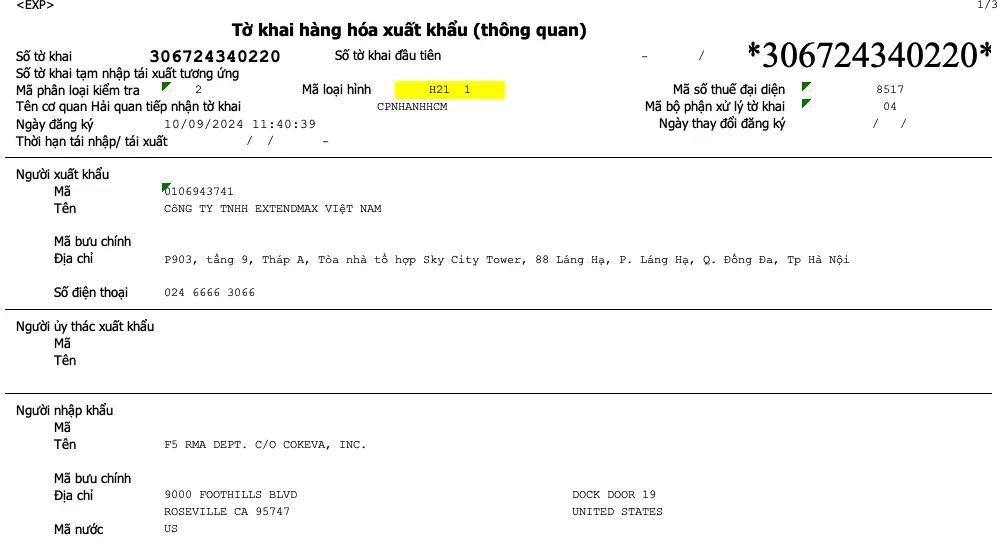
Non-commercial export customs declaration form for category code H21
Non-commercial import-export customs documentation set
A typical non-commercial import-export documentation set usually includes the following documents:
- Customs declaration form for category code H11 or H21
- Airway Bill or Bill of Lading (transport document)
- Proforma Invoice (for customs declaration purposes only, not for payment)
- Packing List (if available)
- Gift confirmation letter (if available)
>>> Useful tips: How to make a full set of customs documents
>>> Learn more: Top 10 mistake when preparing customs declaration
What is special about the non-commercial customs declaration form?
The non-commercial declaration form is the import or export customs declaration form for category codes H11 or H21. In essence, the non-commercial declaration form is no different from that for regular products; you just need to declare the correct import-export category code.
Typically, international courier companies like FedEx, DHL, and UPS support the filing of non-commercial import or export customs declaration forms for category codes H11 or H21 on behalf of the consignor, often at a lower cost compared to other customs brokers.
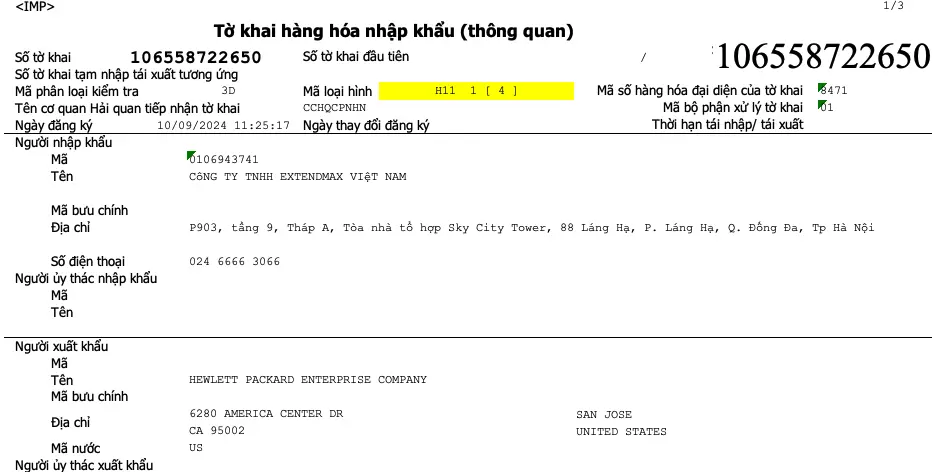
Tờ khai nhập khẩu hàng phi mậu dịch loại hình H11
Do non-commercial products require state quality inspection?
According to Clause 7, Article 3 of Decree No. 132/2012/ND-CP (amended and supplemented by Decree No. 132/2022/ND-CP), the state quality inspection procedure is exempt for 'other types of products not intended for business purposes (non-commercial category) as decided by the Minister of the sectoral management ministry.'
On November 14, 2022, the Ministry of Finance issued Official Letter No. 11827/BTC-TCHQ to several managing ministries regarding the implementation of the exemption from state quality inspection for imported products not intended for business purposes under Decree No. 13/2022/ND-CP. However, according to ExtendMax's records, up to this point, no ministry has issued a Decision on the list of products not intended for business purposes (non-commercial category) that are exempt from state quality inspection. This means that non-commercial products still have to undergo state quality inspection procedures like regular products (until the lists of products exempt from state inspection are issued).
However, there is a special case in which non-commercial products are exempt from state quality inspection procedures (according to the International Convention on the Simplification and Harmonization of Customs Procedures) when the value is 1,000,000 VND (one million dong) or less. To be exempt from state quality inspection procedures, you need to provide proof of product value to file a low-value declaration (MIC declaration) for the shipment.
>>> Discover: Letter No. 2410/-GSQL-GQ1 of the Customs
Are IOR & EOR services allowed to import of non-commercial products?
As analyzed above, non-commercial products are still subject to state quality inspection and require specialized permits. Therefore, many businesses have a need for entrusted import when receiving non-commercial products from the parent company, especially for information technology products that require conformity certification or a civil cryptographic import license, or a network information security import license. According to current regulations, there is no legal document that restricts the entrusted import of non-commercial products. Therefore, entrusted import for non-commercial products can be carried out as usual.
In practice, ExtendMax has processed many entrusted import declarations with category code H11 for various clients.
>>> Great knowledge: Everything about Importer of Record and Exporter of Record
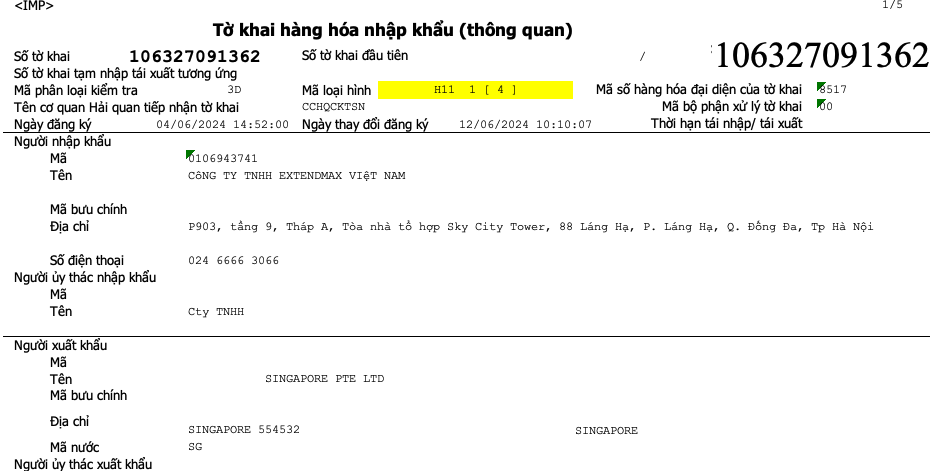
Entrusted import customs declaration form for non-commercial category code H11
Are non-commercial products subject to import tax?
Non-commercial products are exempt from import tax in the following cases:
1) Exempt from tax when meeting Article 27 of Decree No. 134/2016/ND-CP:
"Article 27. Import tax exemption for non-commercial products
Non-commercial products are exempt from import tax in the following cases:
-
-
Samples, pictures of samples, films of samples, models replacing samples with a customs value not exceeding 50,000 VND or that have been treated so that they cannot be sold or used, only for sampling purposes.
-
Advertising publications under Chapter 49 of the Vietnam Export and Import Product List, including leaflets, commercial catalogs, yearbooks, advertising materials, and travel posters used for advertising, announcing, or promoting a product or service and provided free of charge. They are exempt from import tax according to Clause 10, Article 16 of the Law on Export and Import Tax, provided that each shipment includes only one type of publication and the total weight does not exceed 1 kg; in case a shipment has various types of publications, each type must have only one copy or the total weight of the publications does not exceed 1 kg."
-
2) From 17-Feb-2025 backward, goods sent via express delivery and meeting the condition of having a value of 1,000,000 VND or less shall be exempted from import duty and tax according to Article 1 of Decision No. 78/2010/QD-TTg of the Prime Minister:
"Article 1. Imported products sent via express delivery services with a value of 1,000,000 VND (one million dong) or less are exempt from import tax and value-added tax."
3) For other cases, non-commercial products are subject to import tax and VAT like regular products.
Are non-commercial products without labels subject to penalties?
Labeling management and penalties for goods labels are applied according to Decree No. 43/2017/ND-CP (amended and supplemented by Decree No. 111/2021/ND-CP). Accordingly, the scope of application is defined as follows: 'This Decree stipulates the content, labeling method, and state management of labels for goods circulated in Vietnam, exported, and imported goods.'
As analyzed above, non-commercial products are essentially just 'products,' so they fall outside the scope of the above decrees (which apply to 'goods'). However, to facilitate product identification, import tax calculation, VAT, and state quality inspection, you should still ensure that non-commercial products have full labeling, including necessary information.
>>> Learn more: Guide for marking and labeling electronic goods and IT goods
Do non-commercial products require price consultation?
Price consultation for exported and imported products is detailed in Circular No. 38/2015/TT-BTC (amended and supplemented by Circular No. 39/2018/TT-BTC). The scope of this Circular is as follows:
'Article 1. Scope of regulation
-
- This Circular provides for customs procedures; customs inspection and supervision; export tax, import tax, and tax administration for exported and imported goods.'
As analyzed above, based on the Law on Product Quality, non-commercial products are essentially 'products,' not 'goods.' Therefore, non-commercial products fall outside the scope of Circular No. 38/2015/TT-BTC and are not subject to the pricing methods stipulated by Circular No. 38/2015/TT-BTC.
However, because many businesses 'randomly declare' the value of non-commercial shipments since payment is not involved, customs officials often require proof of value for most non-commercial import shipments if the declared value is deemed unreasonable.
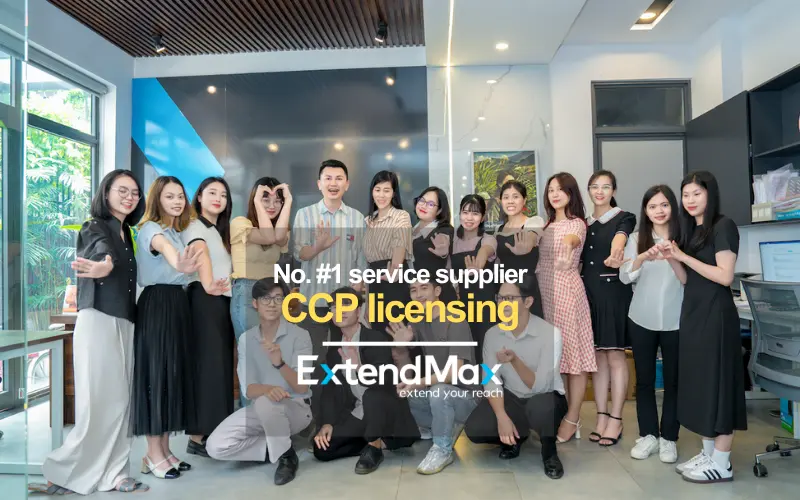
Contact ExtendMax when you need consultation on entrusted import-export or state quality inspection
Can non-commercial products be sold?
There are currently no regulations 'prohibiting the sale' of products imported under category code H11. This means that we can fully sell products imported under category code H11. This is in line with current regulations for the following reasons and examples:
-
The basic principle of the constitution and the law is that 'organizations and individuals can perform actions that are not prohibited by law.' Therefore, if there is no document prohibiting or restricting the sale of products imported under category code H11, the sale of these products is legal.
-
For gifts and presents imported under category code H11, after receiving the gift, the recipient has full ownership and disposal rights over it. Therefore, they are entirely within their rights to sell the gift.
-
For personal belongings or movable assets of organizations and individuals, or assets of diplomatic missions imported under category code H11, the owner has full disposal rights over their property and may sell it in accordance with the law.
-
For humanitarian aid and non-refundable aid imported under category code H11, the Government has issued Decree 80/2020/ND-CP, providing guidance on liquidation sales in Article 17.
FAQ on Non-Commercial Imports & Exports
Question: For goods declared under customs code type H21, are there any regulations on the value and quantity, and under which regulation? I look forward to your response. Thank you!
ExtendMax's Answer: Currently, there is no official document specifying the maximum quantity or value for goods declared under customs codes H11 or H21. However, customs authorities may request an explanation if you declare a shipment of high value under codes H11 or H21 or when there is suspicion of commercial fraud by the relevant authorities.
Question: I purchased goods from e-commerce platforms like Alibaba and Amazon. Are these considered non-commercial goods?
ExtendMax's Answer: By nature, this is a commercial transaction where you pay the seller. Therefore, the shipment is classified as a business consumer import under code A11.
Question: Our company sent me a laptop and a mobile phone from abroad for remote work purposes. Are these considered non-commercial goods? Do I need to conduct quality inspection and conformity certification procedures?
ExtendMax's Answer: In cases where your company sends you a laptop and a mobile phone from abroad for work purposes and you do not pay the sender, this is classified as a non-commercial shipment. For this shipment, you should take note of the following points:
-
Ensure that the laptop and mobile phone are 100% new, as used laptops and mobile phones are not permitted for import. >>> See more: 10 cases allowed for importing used IT products.
-
The laptop and mobile phone still require quality inspection procedures like regular goods, as the Ministry of Information and Communications (MIC) has not issued a list of non-commercial goods exempt from quality inspection. However, your laptop may be eligible for conformity exemption procedures, while the mobile phone must still undergo conformity certification.
See more: Procedures for registering quality inspection and conformity certification for laptops.
See more: Procedures for importing and conformity certification for mobile phones.
- If the cost of testing and conformity certification is too high, you can consider the option of hand-carrying (personal belongings). In this case, conformity certification is not required.
If you find our guide useful and applicable in practice, please support us by rating this article below, leaving a comment, and sharing it with your friends or colleagues in the import and logistics industry. Your feedback will be a great motivation for us to write more detailed and valuable procedural guides for import businesses.
↓ ↓ ↓ ↓ ↓ ↓ ↓


